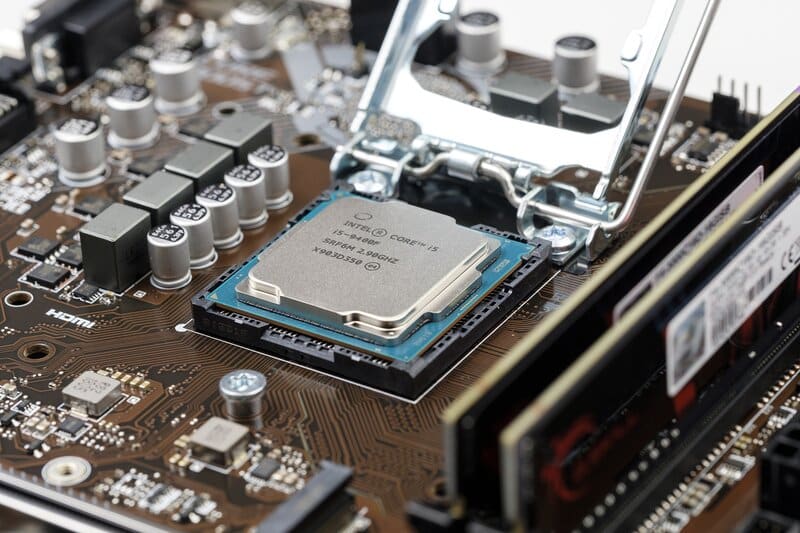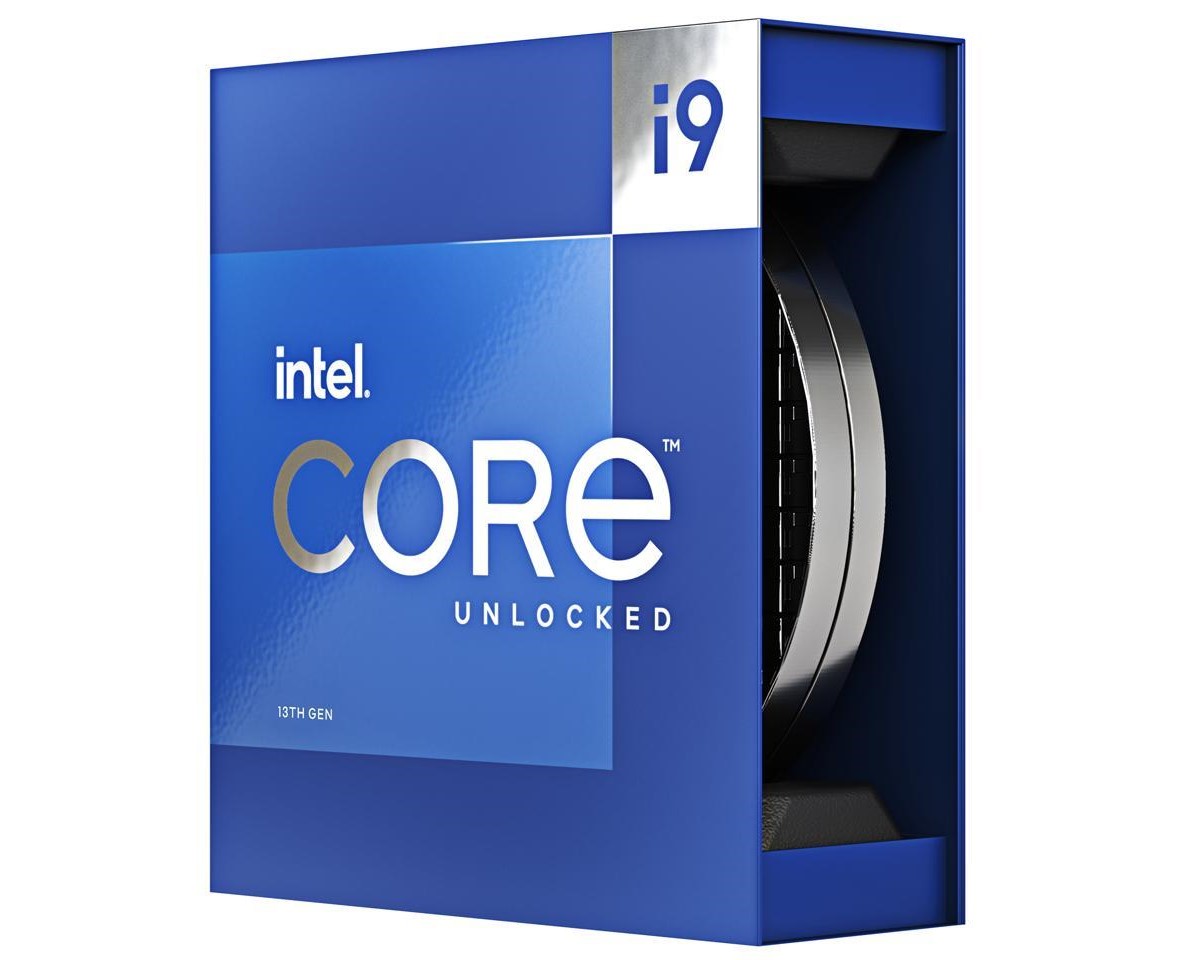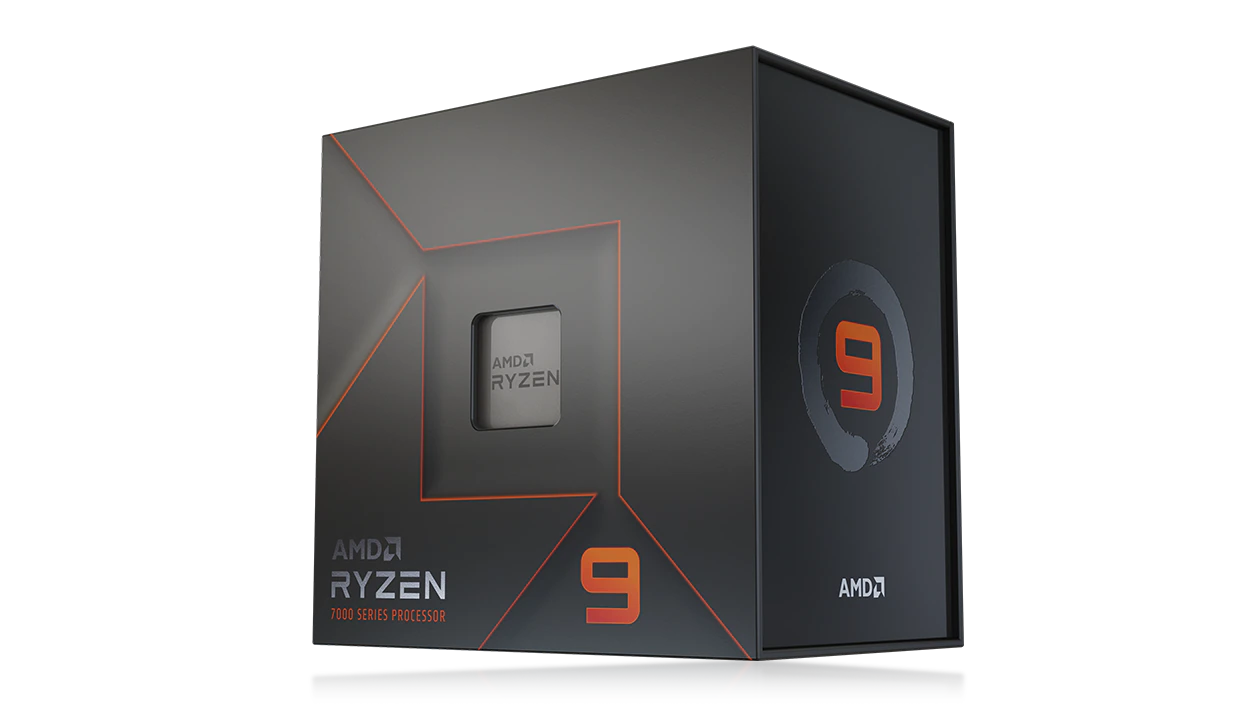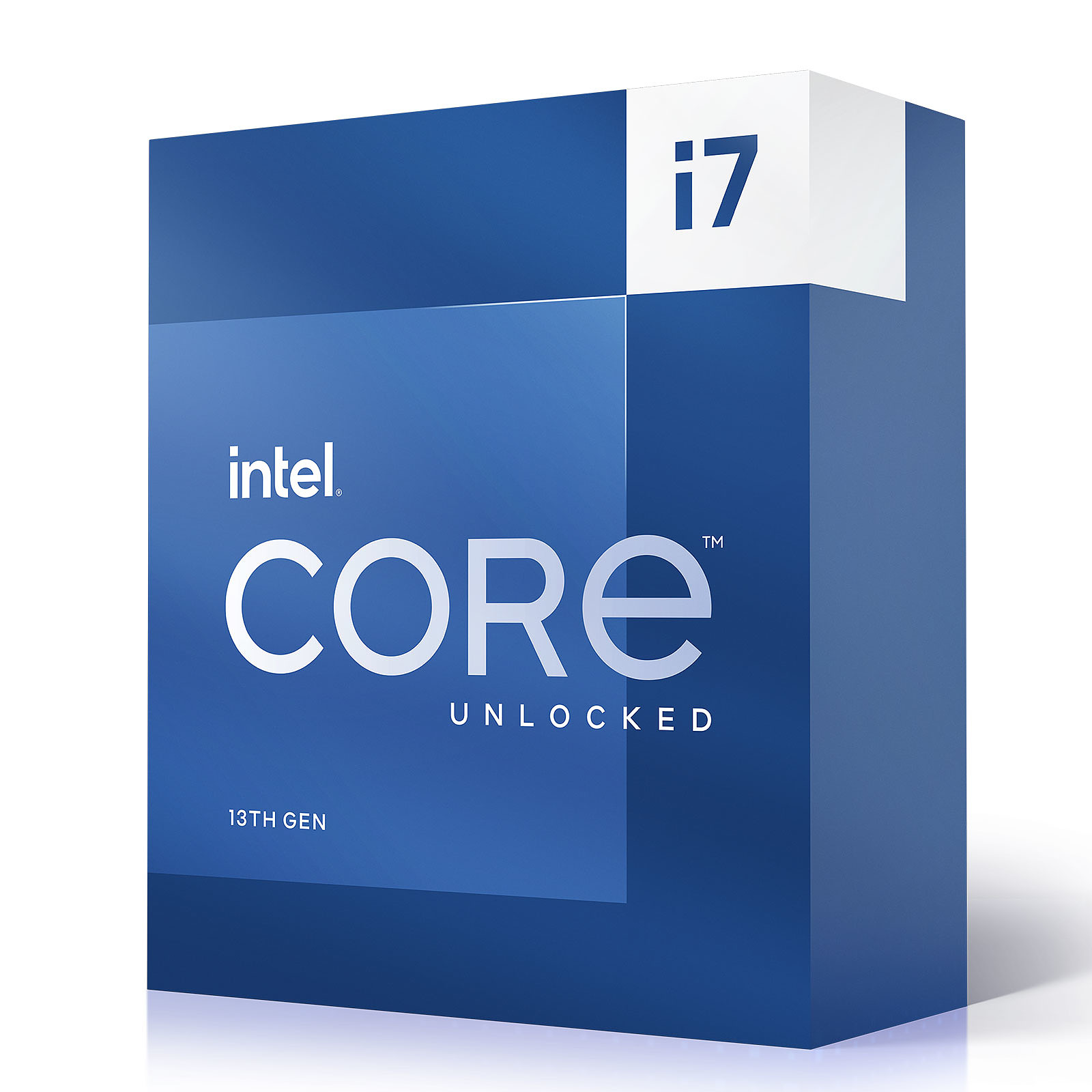The general rule of thumb is – the more cores, the better. Four cores are sufficient for streaming. Here is what you can do with even more cores:
Streaming with hexa-core CPU
Hexa-core CUPU allows more multitasking. You can run advanced software, play the game, and stream, without any drop in quality or glitches.
Streaming with octa-core CPU
This type of CPU is the best for streaming and gaming. It allows you to stream, play, and tackle other tasks like programming, 3D rendering, video editing, graphic design, etc., while maintaining the excellent quality of your content.
Streaming, in technical terms, is a complex process that involves several factors: hardware like powerful graphics cards, a stable internet connection, suitable streaming software, and various essential accessories.
Of course, one of the crucial factors is CPUs for streaming and the number of cores they have, ensuring everything runs as smoothly as it should.
In this article, we will explore all the details of this topic and determine how many cores you need for comfortable, glitch-free streaming.
Table of Contents
How Many Cores Do You Need for Streaming?
For “just chatting” streams, 2 cores are more than sufficient. 2 cores are also adequate for running simple games while streaming. However, if you want to stream more demanding games and maintain decent FPS while playing, 4 cores are essential. For newer games, you’ll need octa cores to ensure your streams run smoothly.
For a long time, single-core processors have become completely outdated, even in the CPUs used in smartphones, so we will exclude them from our consideration.
Today, dual-core CPUs are an affordable choice that enables basic multitasking capabilities.
You can use them for basic programs and possibly even modest low-resolution gaming, but they are inadequate for any form of streaming.
Quad-core CPUs signify a positive advancement in enhancing the overall performance of your computer.
With them, you’ll be able to utilize more advanced programs and features.
However, for more complex tasks such as rendering, video editing, and graphic design, not to mention serious streaming, you will benefit from a more powerful processor, along with other components of the computer hardware.

Compared to previous examples, hexa-core processors signify a significant advancement.
With them, you’ll be able to handle more advanced software, as they are not only significantly faster but also, due to their six cores and inherent multitasking capabilities, will enable you to run multiple programs simultaneously while streaming.
Hexa-core CPUs are an excellent choice for streaming, as they allow prospective streamers to play games, stream, and carry out other necessary tasks simultaneously—often without any noticeable decline in speed or stream quality.
With their capabilities, computers equipped with octa-core CPUs are powerful devices that can easily handle demanding tasks, such as streaming Assassin’s Creed. 🙂
If your CPU can split itself into virtual cores, or threads, your machine will be significantly more effective and powerful.
In most cases, this type of processor is the optimal choice for streaming and gaming, offering an excellent balance of quality and affordability.
Of course, this is just a part of the picture. As technology advances, there will be CPUs with even more cores.
Today, we have groundbreaking CPUs featuring no fewer than 64 cores, such as the impressive AMD Ryzen Threadripper 3990X.
QUICK OVERVIEW: Best CPU
 | Top Pick Intel Core i9-13900K
| |
 | AMD Ryzen 9 7950X
| |
 | Intel Core i7-13700K
|
Conclusion
We have attempted to answer a complex and elusive question: “How many cores do I need” for comfortable streaming, gaming, and other CPU-intensive activities.
And although you might have seen that there isn’t a simple answer, the rule of thumb is: the more cores, the better.
In any case, without at least four cores, you shouldn’t even consider streaming. We recommend that you do not go below a hexa-core CPU.
For optimal streaming, it is advisable to choose an octa-core or even a 16-core CPU.
And, of course, for upcoming challenges, stay alert for even more.
Related: How Much RAM Do I Need for Streaming
